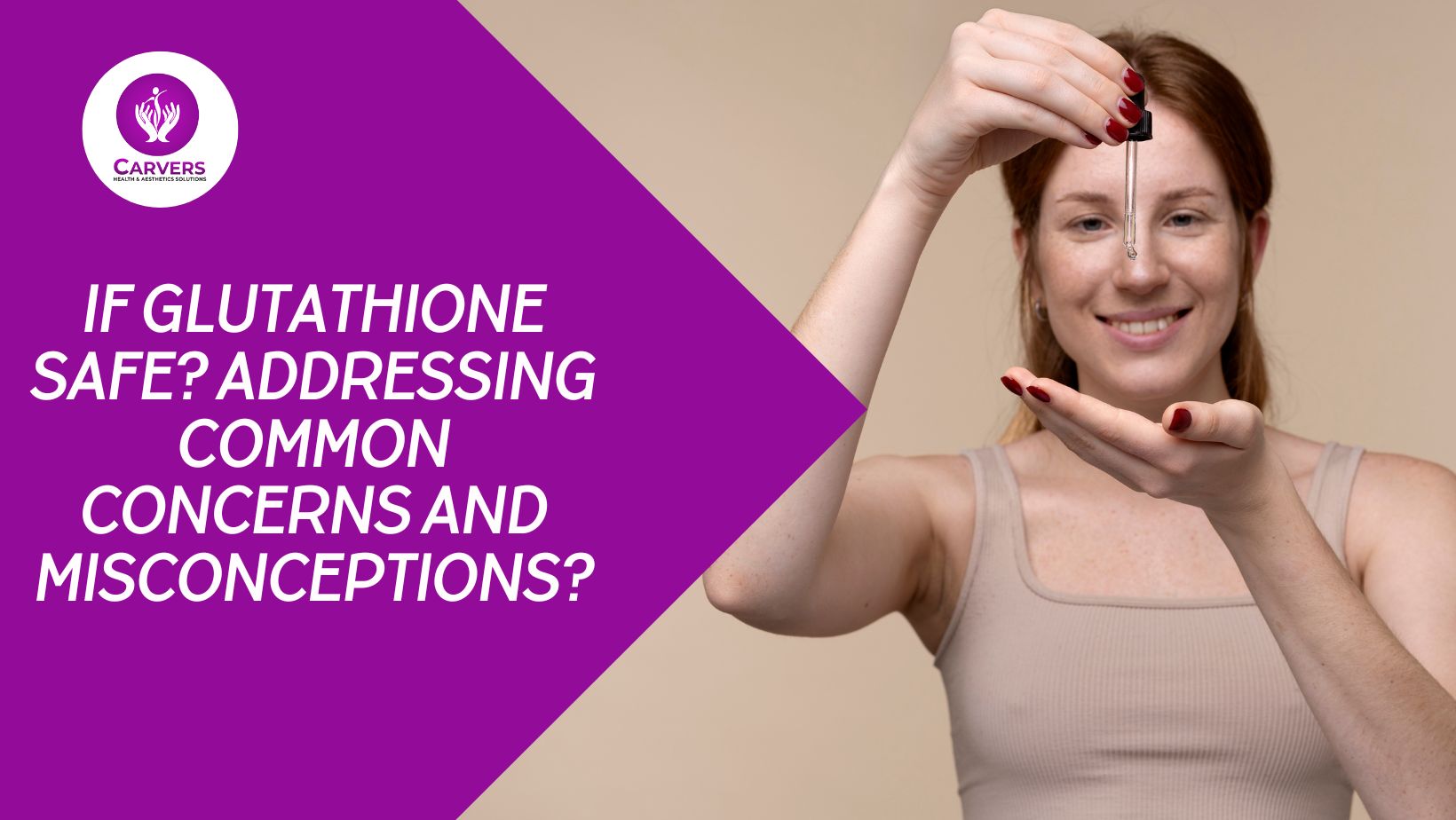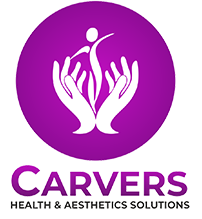
If Glutathione Safe? Addressing Common Concerns And Misconceptions?
Glutathione, often referred to as the “master antioxidant,” has gained immense popularity in the wellness and beauty industries, largely due to its numerous health benefits. From promoting skin brightening to detoxifying the body and supporting immune function, glutathione has carved a niche for itself as a miracle compound. However, with its increasing use, questions about its safety and potential side effects have also emerged. Many people wonder: Is glutathione safe? Does using it come with any hazards, too?
In this article, we will address common concerns and misconceptions about glutathione, and help you understand its safety profile. Let’s dive deeper into the science behind this powerful antioxidant and clear the air about its potential benefits and risks.
What is Glutathione?
Before delving into its safety, it’s important to understand what glutathione is and how it works in the body. The three amino acids glutamine, cysteine, and glycine combine to form the naturally occurring tripeptide glutathione. It is found in every cell of the body, particularly in the liver, where it plays a key role in detoxification and immune function. Glutathione helps neutralize free radicals and reactive oxygen species (ROS) that can cause oxidative stress and damage cells.
Apart from its detoxifying and antioxidant properties, glutathione also plays a vital role in protein synthesis, enzyme activation, DNA synthesis, and immune system support. These multifaceted functions make glutathione an essential component for maintaining good health and promoting youthful skin.
Glutathione for Skin: Popular Use and Misconceptions
In recent years, glutathione injections and oral supplements have gained widespread popularity for their skin-brightening effects. Many people turn to glutathione treatments to lighten skin, reduce pigmentation, and even improve overall skin health. This has led to a range of cosmetic treatments, such as glutathione IV drips and topical serums, being marketed as effective solutions for achieving glowing, radiant skin.
However, this rise in popularity has also given way to several misconceptions. One of the most common misunderstandings is that glutathione can cause adverse skin reactions or side effects if not used properly. The fear of possible dangers has led to questions such as: Is glutathione safe for skin whitening? Can it cause long-term damage?
Let’s address these concerns one by one.
Is Glutathione Safe for Skin Whitening?
One of the most prominent uses of glutathione is its ability to lighten and brighten the skin. When used in the form of injections or topical products, it works by inhibiting the production of melanin, the pigment responsible for skin color. This has led to skin whitening becoming one of the most popular reasons people seek glutathione treatments.
The safety of glutathione for skin whitening largely depends on the method of administration and dosage. When administered correctly and under professional supervision, glutathione has been shown to be relatively safe. However, concerns arise when people attempt self-treatment or use unregulated products. Overuse or incorrect application of glutathione can potentially lead to discoloration, allergic reactions, or other side effects.
Is Skin Whitening with Glutathione Harmful?
Skin whitening using glutathione is generally considered safe when performed by qualified professionals. However, misuse of glutathione—especially when overused in high doses—can lead to side effects such as yellowing of the skin, allergic rashes, or even kidney issues. Therefore, it’s crucial to undergo the treatment with professional guidance and follow the prescribed dosages.
Common Concerns and Misconceptions About Glutathione
1. Glutathione Can Cause Skin Damage
A common misconception is that glutathione can cause skin damage or permanent skin alterations. However, this claim lacks scientific evidence. When taken as directed, glutathione, an antioxidant that the body naturally produces, is usually well tolerated. In fact, its ability to combat oxidative stress makes it beneficial for skin health by reducing free radical damage, wrinkles, and fine lines.
What You Need to Know:
As with any cosmetic treatment, it’s important to consult with a skincare professional before starting glutathione treatment. They can help ensure that the treatment is suitable for your skin type and guide you on the right dosage.
2. Glutathione is Harmful to the Liver
Another misconception surrounding glutathione use is that it might harm the liver, as it’s primarily produced and metabolized in this organ. While the liver plays a central role in glutathione metabolism, research suggests that glutathione supplementation does not cause liver damage and may actually support liver detoxification.
In fact, glutathione’s antioxidant properties help protect the liver from oxidative damage caused by toxins and free radicals. Studies show that glutathione supplementation can benefit those with liver disease, alcohol-induced liver damage, or fatty liver disease.
What You Need to Know:
As with any supplement, moderation is key. Excessive intake or improper usage of glutathione can potentially cause adverse effects. Always follow professional advice to ensure proper usage.
3. Glutathione is Unsafe for Long-Term Use
Some people believe that glutathione is unsafe for long-term use due to its potential effects on the skin or body. However, studies have shown that glutathione supplementation over extended periods is generally safe, as long as it’s taken in the recommended doses. It is important to note that there are no long-term health risks associated with its proper use.
What You Need to Know:
If you’re planning to use glutathione for an extended period, it’s important to consult with a healthcare professional for regular monitoring. They can ensure you’re using the correct dosage and check for any potential adverse effects.
4. Glutathione Injections are Unsafe
Another misconception is that glutathione injections are dangerous or unsafe. While it’s true that self-administering injections can be risky, if administered under the supervision of a licensed professional, glutathione injections are generally considered safe. The key is ensuring the procedure is done with sterile equipment and proper dosages.
What You Need to Know:
Only trained specialists should provide glutathione injections in a therapeutic environment. Make sure the practitioner follows safety protocols and uses high-quality, FDA-approved products.
Conclusion: Is Glutathione Safe?
In summary, glutathione is an antioxidant that the body naturally produces and is generally safe for most people to use when taken as directed. While its popularity in the wellness and beauty industries has raised concerns, especially regarding its use for skin whitening and long-term usage, the risks associated with glutathione are typically minimal if used properly.
As with any cosmetic treatment or supplement, it’s essential to approach glutathione with caution. Consult with a healthcare professional or skincare specialist to ensure you’re using it safely, and avoid self-administering treatments without expert supervision. Whether you’re interested in skin brightening, detoxification, or overall health benefits, glutathione can be a valuable addition to your wellness routine—provided it’s used correctly.
At Carvers, we provide expert consultations and services to help you achieve the healthiest skin possible with safe and effective treatments like glutathione therapy. Reach out to us today to learn more about how we can help you enhance your skin’s natural glow while keeping it safe and beautiful.
